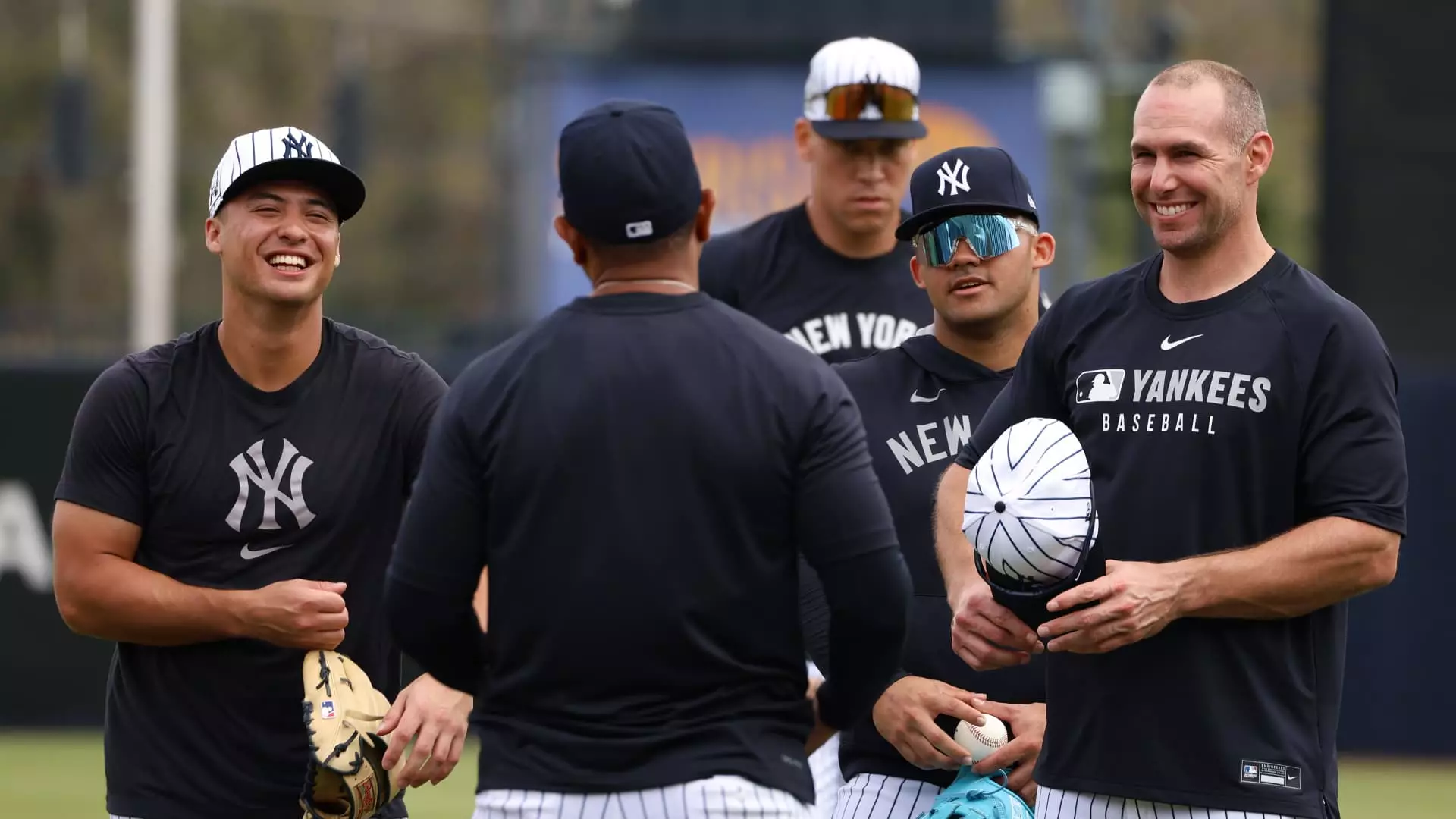In a groundbreaking move that marks a significant departure from its storied history, the New York Yankees have reversed their long-standing policy prohibiting facial hair, allowing players to grow well-groomed beards. Hal Steinbrenner, the team owner, announced this change following discussions with both former and current players, signaling an evolution in the franchise’s approach to personal expression. This decision, which comes nearly half a century after the policy’s inception, reflects a broader cultural shift towards individualism and away from rigid conformity.
The regulations governing player appearance, including the ban on beards, were first instituted by George Steinbrenner in the 1970s. He believed that enforcing a clean-cut appearance fostered discipline and a sense of pride within the team. His rationale was that visual uniformity symbolized the team’s commitment to excellence and success. Yet, over the years, these rules have often drawn criticism and resistance from players who viewed them as archaic, undermining their individuality and self-expression.
In fact, the enforcement of this policy was famously illustrated in 1991 when Don Mattingly, the team captain, was benched for refusing to adhere to the haircut requirement. This incident not only highlighted player tensions surrounding the rules but also immortalized the Yankees’ strict culture in popular media, recognized by fans and pop culture alike.
Resistance to these grooming standards has made headlines over the years, particularly as the landscape of sports continuously evolves. Prominent players like Andrew McCutchen and David Price openly expressed discomfort with the policy in their respective careers. McCutchen, who sported dreadlocks during his years with the Pittsburgh Pirates, noted the difficulty he faced in joining an organization that enforced such constraints on personal style. Price, articulating a similar sentiment, publicly stated his reluctance to don the pinstripes due to the rigid grooming guidelines.
Additionally, lineup decisions have been influenced by the policy. General manager Brian Cashman once ruled out acquiring then-relief pitcher Brian Wilson solely because of his commitment to his signature beard, demonstrating the far-reaching effects of the grooming rules on trade negotiations and team dynamics.
The recent policy change comes at a time when teams in professional sports are increasingly prioritizing player autonomy. This shift not only acknowledges the individuality of athletes but also positions the Yankees in line with modern trends that celebrate diversity and self-expression. The decision to embrace well-groomed beards welcomes a new era, reflecting a commitment to adapt to contemporary cultural shifts while continuing to uphold the values that the franchise has long represented.
As the Yankees prepare for the upcoming season, the team’s history of strict grooming standards will serve as a backdrop to this transition. The embrace of beards is more than just a cosmetic change; it symbolizes a broader commitment to evolve, fostering a sense of camaraderie and personal identity among players as they don the revered uniform of one of baseball’s most iconic franchises.

